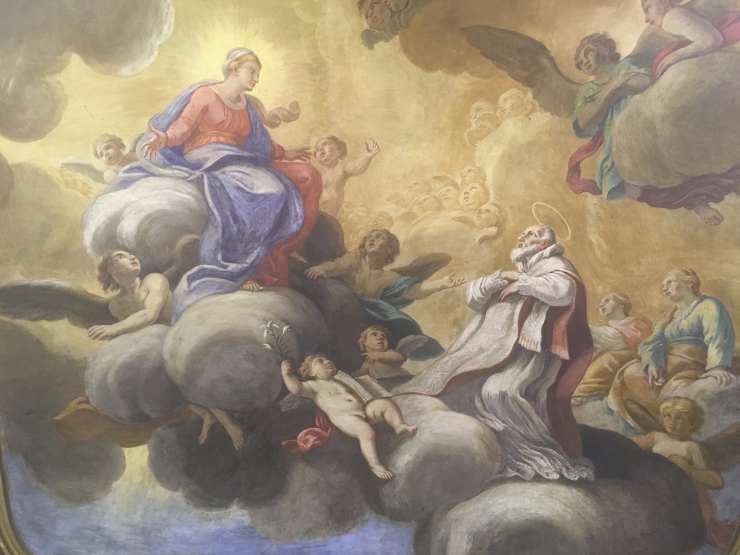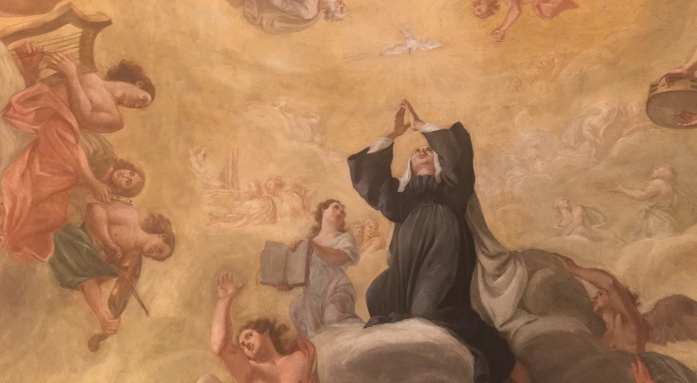Immersed in the majesty of Piazza Navona, this church, dedicated to the young martyr Agnes, enchants visitors with its spectacular facade and extraordinary works of art.
Built in the seventeenth century on the remains of an ancient Roman stadium, its history is as fascinating as it is troubled.
NB: the small area of the crypt and the altar are currently closed to visits due to restoration of the frescoes.
The inside of the Church hides the real magic. Among the richly decorated altars and frescoed vaults, guests are enveloped in an atmosphere of sacredness and timeless beauty.
You can admire the works of the great masters of the Roman Baroque, such as Gian Lorenzo Bernini and Francesco Borromini, who have left the indelible mark of their artistic genius in every corner of the church.
Join us on this journey through the artistic history of Sant'Agnese in Agone and be enchanted by the magnificence of one of the most extraordinary baroque masterpieces in the world.
Opening hours:
from tuesdays to saturdays
Morning: from 9:00 a.m. to 1:00 p.m (last entry at 12:30)
Afternoon: from 3.00 p.m. to 6:00 p.m. (last entry at 5:30 p.m.).
For information and reservations write to info@omniavaticanrome.org

In life Saint Filippo Neri was very close to the Pamphili family and the Oratoriali, it was for this reason that a chapel was dedicated to the Saint in Sant'Agnese, near that of San Sebastiano, which Saint Philip Neri had honored in life. Francesco Allegrini was commissioned to depict in the vault a fresco with the Virgin who welcomes San Filippo in the sky.
The chapel was restored in 1859 on a project by the architect Andrea Busiri Vici and it was on this occasion that Pius X had the skull of Saint Agnes placed inside, until then kept in the Sancta Sanctorum.
hide
Saint Francesca Romana, founder of the Congregation of the Oblates of Mary and protector together with Saint Peter of the city of Rome, was baptized in Saint Agnes.
On the altar of the chapel there is a marble altarpiece, attributed to Domenico Guidi, with the Saint who, flanked by an angel, shows the book of the Rule.
In the vault a fresco, attributed to Francesco Cozza, represents Santa Francesca Romana assumed into heaven and welcomed by the Trinity. Below the altar table is the baptismal font of the Saint, made from a block of stone, coming from the pre-existing church.
hide